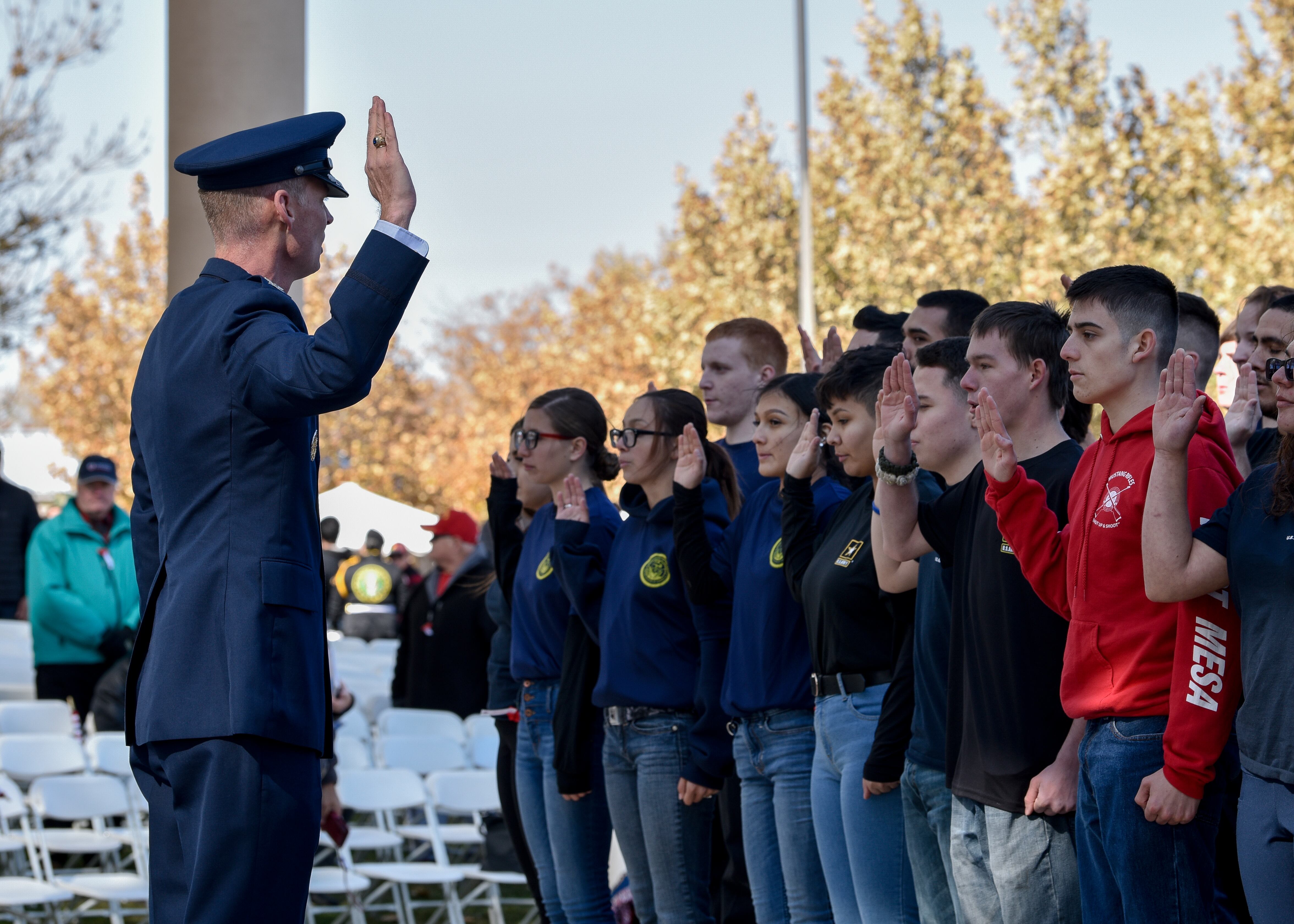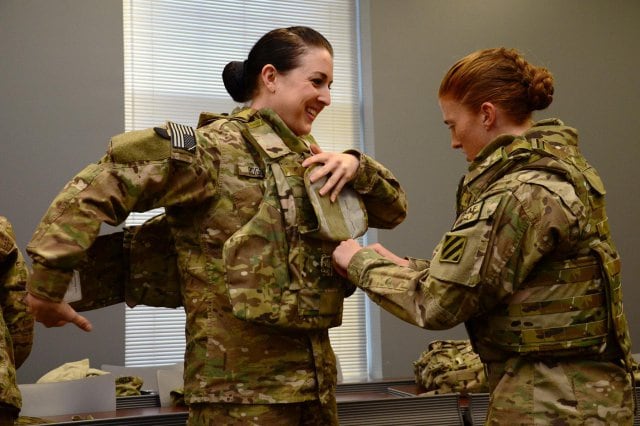A federal appeals court heard arguments Tuesday in a case challenging the constitutionality of male-only registration in the Selective Service System.
During oral arguments held at Tulane Law School in New Orleans, a three-judge panel of 5th U.S. Circuit Court of Appeals listened to attorneys representing the original plaintiffs in the case, including the National Coalition For Men, as well as the U.S. Justice Department, on why women should — or shouldn’t — continue being excluded from the draft.
The proceedings come three weeks before a federal commission plans to release its final report on public service in the United States, including whether women should be required to register for the draft or registration should be abolished.
In a lawsuit filed in 2013 by Texas resident James Lesmeister, later joined by San Diego resident Anthony Davis and the San Diego-based National Coalition for Men, plaintiffs argued that the system discriminated against them based on sex. The plaintiffs were within the age range of 18 to 26 in which U.S. men are required to register with Selective Service.
Lesmeister and the coalition said women should be included or the system, including the database that would be used in the event of a national emergency requiring a draft, should be abolished.
The system dates to 1917, and while conscription was abolished in 1973 after the Vietnam War, registration remains a requirement, with 90 percent of all eligible American men enrolled.
A U.S. district court judge in February 2019, agreed with the plaintiffs, ruling that the male-only draft was unconstitutional, discriminating against men on the basis of sex in violation of the Fifth Amendment’s equal protection clause.
Judge Gray Miller of the Southern District of Texas disagreed with the government’s arguments that the Military Selective Service Act, confirmed by the U.S. Supreme Court in 1981, was constitutional in excluding women because at the time of its drafting, women were restricted from combat.
RELATED

Miller noted that the Defense Department lifted gender-based restrictions on military service, including combat roles, in 2015. He also disagreed with the government’s position that drafting women would be an administrative burden on the system.
But in crafting his decision, Miller did not order the Selective Service System to start registering women. In April, the government appealed.
“It would impose a draft registration on all eligible American women by judicial fiat before Congress has considered how to address the matter,” Justice Department attorney Michael Gerardi wrote April 15.
On Tuesday, 5th Circuit Court of Appeals Judges Don Willett, Carl Stewart and Jacques Wiener heard the appeal. Shortly after the proceedings ended, the National Coalition of Men’s attorney, Marc Angelucci, said the arguments “went well.”
According to Angelucci, one judge voiced concern over whether the lower court can overturn the U.S. Supreme Court’s 1981 ruling. Angelucci argued that other cases have allowed lower court rulings to proceed when circumstances change.
RELATED

Given the changes in the past five years regarding women and combat arms roles, a lot has happened, Angelucci said.
“We would be extending that precedent, not overturning it,” Angelucci said.
The federal government continues to argue that the court should wait to make a decision until the results of the National Commission on Military National and Public Service study are released, expected March 25.
The commission has spent nearly three years studying the Selective Service System and weighing all options for youth volunteerism and national service in America, to include the military services, AmeriCorps, the Peace Corps and other federal opportunities.
Patricia Kime is a senior writer covering military and veterans health care, medicine and personnel issues.
